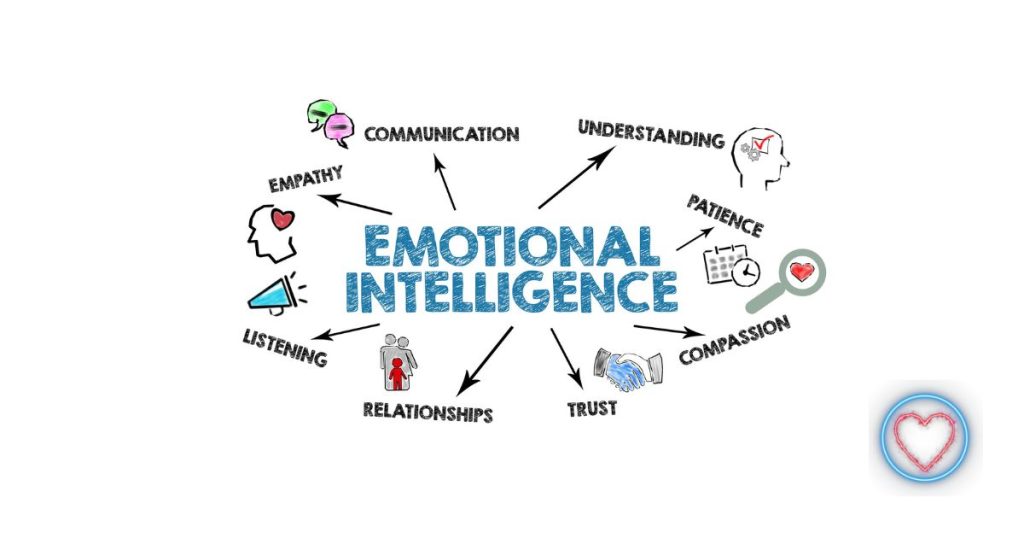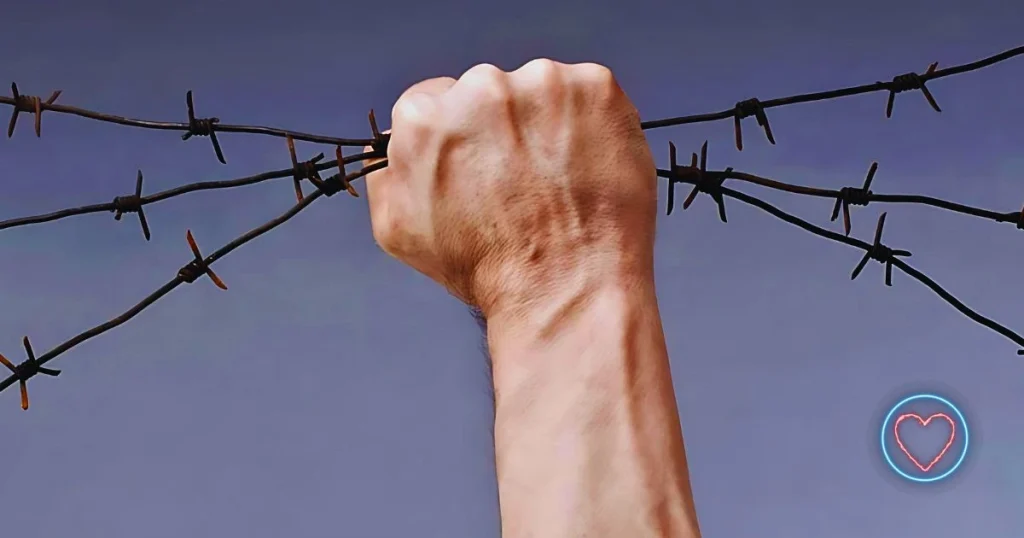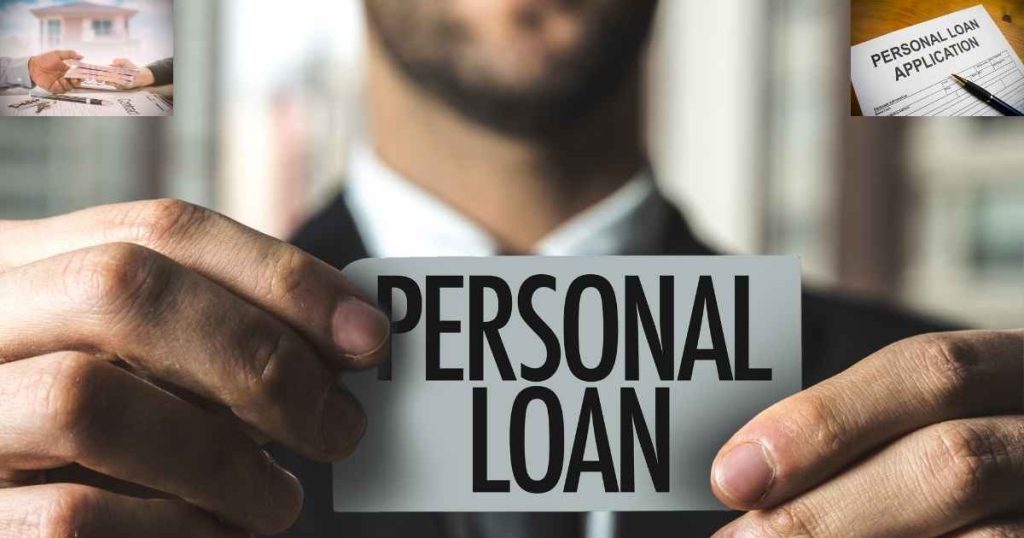Breakups are among the most emotionally challenging experiences many people face. Whether it’s the end of a long-term relationship or a brief but meaningful connection, breaking up often leaves individuals grappling with feelings of sadness, anger, confusion, and loneliness. While breakups can feel devastating, they also offer an opportunity for personal growth, self-reflection, and healing. Coping with a breakup in a healthy way is essential to move forward positively and rebuild your emotional well-being.
In this article, we will explore practical strategies and mindsets to help you navigate the painful process of a breakup with resilience, compassion, and self-care.
Understanding the Emotional Impact of a Breakup
First, it’s important to acknowledge that breakups trigger a complex emotional response. When a romantic relationship ends, the brain reacts much like it does to physical pain. You may experience:
- Grief: Mourning the loss of shared dreams and future plans.
- Shock and disbelief: Difficulty accepting the breakup at first.
- Sadness and loneliness: Missing your partner and the companionship you had.
- Anger or resentment: Feeling hurt by the breakup or blaming your partner.
- Anxiety and fear: Worrying about the future or feeling uncertain about yourself.
These feelings are normal and part of the healing journey. Recognizing and allowing yourself to experience these emotions—without judgment—is the first step toward coping in a healthy way.
1. Allow Yourself to Feel and Process the Emotions
It might be tempting to suppress your feelings or distract yourself with work, social media, or partying. However, avoiding your emotions can prolong the healing process.
Tips for emotional processing:
- Journal your thoughts and feelings: Writing helps clarify emotions and reduce mental clutter.
- Cry if you need to: Tears can be a natural emotional release.
- Talk to trusted friends or family: Sharing your experience can validate your feelings.
- Consider therapy or counseling: A professional can provide support and tools for managing grief.
Allowing your emotions to surface helps prevent emotional numbness or unresolved pain that can impact future relationships.
2. Create Healthy Boundaries and Space
After a breakup, maintaining distance from your ex-partner is crucial for healing. Constant contact or monitoring their social media can keep wounds fresh and prevent closure.
How to set boundaries:
- Limit or cut off communication temporarily: Decide on a reasonable no-contact period (often at least 30 days).
- Unfollow or mute your ex on social media: This helps reduce triggers and comparisons.
- Avoid places or routines strongly associated with your ex: Give yourself space to form new memories.
- Inform mutual friends about your need for space: Ask them to respect your boundaries without sharing unnecessary details.
Physical and emotional space helps you regain your identity outside of the relationship and start rebuilding your sense of self.
3. Prioritize Self-Care and Physical Health
Breakups can take a toll on your physical well-being. You may experience disrupted sleep, loss of appetite, or low energy. Focusing on self-care is essential to restore balance and resilience.
Self-care practices include:
- Maintain a regular sleep schedule: Aim for 7-9 hours to support emotional regulation.
- Eat nutritious meals: Nourish your body with whole foods to keep energy levels stable.
- Exercise regularly: Physical activity boosts endorphins, reduces stress, and improves mood.
- Practice mindfulness or meditation: Techniques such as deep breathing can calm anxiety.
- Avoid excessive alcohol or substance use: These may worsen depression and delay healing.
Taking care of your body supports your emotional recovery and helps you feel empowered.
4. Reconnect with Your Identity and Passions
During a relationship, especially a long one, it’s common to lose touch with parts of yourself. A breakup can feel like an identity crisis, but it also opens a door to rediscovery.
Ways to reconnect:
- Reflect on what makes you happy and fulfilled outside of relationships.
- Engage in hobbies or interests you may have neglected.
- Try new activities or skills that excite you.
- Spend time with friends who support your growth.
- Set personal goals unrelated to relationships, such as career or education.
Rebuilding your identity boosts self-esteem and reminds you that you’re complete as an individual.
5. Avoid Rushing into a New Relationship
It’s tempting to jump into a rebound relationship to fill the emotional void, but this often delays healing and can lead to further heartache.
Why avoid rushing:
- You might not have fully processed your previous relationship’s issues.
- New relationships may be based on avoidance, not genuine connection.
- Rebound relationships can hurt you and the new partner if you’re not ready.
Focus instead on healing and personal growth before seeking new romantic connections.
6. Practice Positive Self-Talk and Challenge Negative Thoughts
Breakups can damage your self-esteem, leading to feelings of worthlessness or self-blame. Challenging these negative thoughts is critical for emotional recovery.
How to reframe your mindset:
- Replace “I’m not good enough” with “I am worthy of love and respect.”
- Recognize that a breakup is not a reflection of your entire self.
- View the breakup as a learning experience rather than a failure.
- Celebrate small victories in your healing journey.
Positive self-talk nurtures resilience and fosters hope for the future.
7. Lean on Your Support System
Healing from a breakup doesn’t mean going it alone. Friends, family, and support groups can offer comfort, perspective, and encouragement.
Ways to strengthen your support network:
- Reach out and share your feelings with trusted people.
- Join online or local groups focused on breakup recovery or emotional health.
- Seek advice but avoid toxic or judgmental voices.
- Allow others to help you with practical tasks or distractions.
Social support is one of the strongest predictors of emotional well-being after a breakup.
8. Set New Goals and Focus on the Future
A breakup often leaves you feeling stuck or uncertain. Setting new goals helps you shift focus toward a hopeful future.
Goal-setting tips:
- Define short-term achievable goals (e.g., exercise 3 times a week).
- Create longer-term aspirations related to career, education, or personal growth.
- Break down goals into manageable steps.
- Celebrate your progress regularly.
Having a sense of purpose motivates you to keep moving forward.
9. Reflect on Lessons Learned
Every relationship teaches us something valuable. Taking time to reflect helps you grow and avoid repeating past patterns.
Questions to consider:
- What did this relationship teach me about my needs and boundaries?
- Were there recurring conflicts or red flags I ignored?
- How can I communicate better in future relationships?
- What qualities do I want in a future partner?
This reflection transforms pain into wisdom and strengthens your emotional intelligence.
10. When to Seek Professional Help
Sometimes breakups trigger deep emotional distress that’s difficult to handle alone. If you experience persistent depression, anxiety, or difficulty functioning, consider seeking help.
Signs to seek professional support:
- Intense feelings of hopelessness or suicidal thoughts.
- Trouble sleeping or eating for weeks.
- Inability to perform daily tasks or maintain relationships.
- Substance abuse or self-harm behaviors.
- Difficulty coping despite support from friends or family.
Therapists, counselors, and support groups provide safe spaces and tools to heal more effectively.
Conclusion
Coping with breakups in a healthy way is a process that requires patience, self-compassion, and intentional action. While the pain may feel overwhelming at first, following these steps can help you heal emotionally, rediscover your identity, and build a hopeful future. Remember, you are not alone in this experience, and healing is possible. By allowing yourself to feel, setting boundaries, prioritizing self-care, and seeking support when needed, you can emerge from a breakup stronger and more self-aware.
Every ending is also a new beginning—embrace the journey of healing and growth ahead.













